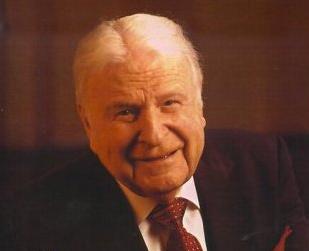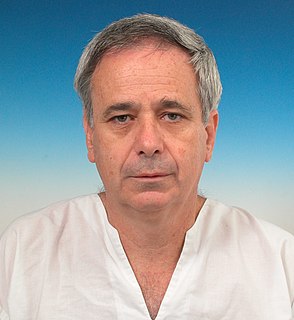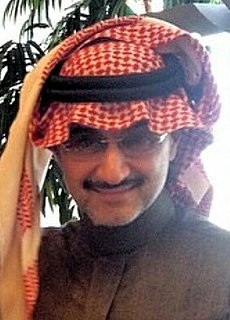A Quote by Immortal Technique
King Abdullah has died. A divisive figure in the Middle East. The sad irony is that the USA preached democracy in the face of absolute rule.
Related Quotes
There's kind of a hidden point which isn't being brought out, and that is that it is inconceivable that the U.S. would permit democracy in the Middle East, and for a very simple reason. Just take a look at polls of Arab public opinion. They exist. You can't find them in the press, but they exist from prestigious polling agencies. Released by major institutions. And what they show is that if there was democracy in the Middle East, the entire U.S. program for domination of the Middle East would be down the tube.
Israel's democracy is the bedrock on which our relationship stands. It's a shining example for people around the world who are on the frontline of the struggle for democracy in their own lands. Our relationship is also based on our common interest in a more stable and peaceful Middle East, a Middle East that will finally accord Israel the recognition and acceptance that its people have yearned for so long and have been too long denied, a Middle East that will know greater democracy for all its peoples.
Oil policy, policy toward the United States, policy toward Iran, Bahrain, Yemen, very unlikely, I think, to see significant change. These policies were the policies that had a wide family consensus. The question I think would be if the king becomes sick, whether you have weak Saudi leadership in the Arab world and the Middle East rather than strong Saudi leadership, but I think the fundamental policies will continue, the ones we’re familiar with under King Abdullah.
In politics, Joseph Smith was something of a radical. He preached, instead of democracy, a version of theocratic rule within a framework given by his own prophetic leadership. At Nauvoo, Smith affected a Napoleonic uniform and made himself into a general and quasi king of the polity he had constituted.
I believe that the Iraqis have an opportunity now, without Saddam Hussein there, to build the first multiconfessional Arab democracy in the Middle East. And that will make for a different kind of Middle East. And these things take time. History has a long arc, not a short one. And there are going to be ups and downs, and it is going to take patience by the United States and by Iraq's neighbors to help the Iraqis to do that. But if they succeed, it'll transform the Middle East, and that's worth doing.
Unless this [Barack Obama] American administration is willing to diverge from the conventional American policy in the Middle East by changing its basic attitudes on crucial questions, foremost of them Palestine, and support genuinely the rights of people for independence, sovereignty and identity across the board, the only "resolve" one would hope from the USA is to stay out of the Middle East for a while.
I do think, from the other side, that George W. ush was somewhat of an innocent in his thinking about what Ronald Reagan did during the Cold War and by bringing democracy to Eastern Europe. I think he believed that he could do the same thing by bringing democracy - or Midland, Texas, really - to the Middle East. I truly think he felt it was possible. "I want to do for the Middle East what Reagan did for the Soviet Union."
































